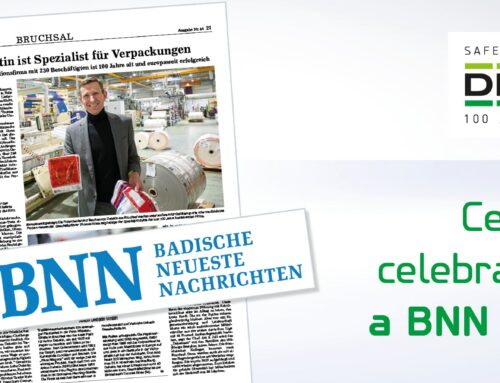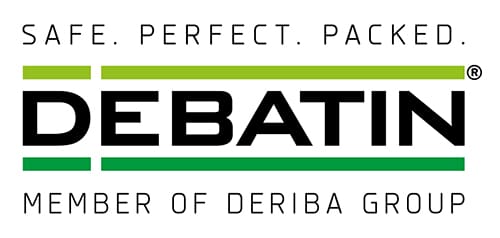As experts in the field of packaging and transporting medical and biological samples, we here at DEBATIN believe some things can’t be treated lightly. There’s simply too much at stake. That’s because the packaging we produce is used for crucial applications – and our customers need the assurance that it conforms fully to ADR regulations. The ADR (Agreement concerning the International Carriage of Dangerous Goods by Road) was concluded in Geneva in 1957 and details special requirements for packaging, labelling and loading dangerous goods for transporting by road. You can read the full text of the ADR here on the UNECE website (United Nations Economic Commission for Europe): unece.org/agreement-without-annexes.
It’s impossible to over-emphasise the importance of the ADR packaging regulations for samples. As we said, the stakes are too high – because it’s not just about compliance with a set of rules, it’s about human health.
Sometimes our conscience can guide us amiss…
One trait of being human is that every now and then, people like to bend the rules to make them a little more palatable. They have no qualms in doing so, because the truth is that scientists have never yet been able to locate a universally fixed conscience in our brains. Sometimes our conscience can guide us amiss… and it can be very tempting to apply one’s own interpretation to any particularly extensive or complicated guidelines. As a result, patient samples that are subject to the highly detailed “exempt human/animal specimen” packaging regulations often get confused with genuine exemptions. People somehow consider the prescribed packaging to be a “diet” version of P650 – even though there’s no such thing. . “Despite the immense importance of complying with regulations like these, many laboratories feel justified in taking a more casual approach because they’ve never actually experienced any incidents before,” reports Christophe Jansem, DEBATIN’s expert in the field of innovative packaging solutions and consulting services for transporting medical and biological samples in compliance with ADR and IATA regulations. “However, even one incident is one incident too many, as demonstrated by the case of a woman in Luxembourg whose sample was wrongly labelled. This actually resulted in a lawsuit being brought against the laboratory and attracted a great deal of public interest.”
A whitepaper with relevance for all consignors
In a whitepaper entitled “DEBAMED®: Is there a diet version of P650? Sadly not!”, our DEBATIN experts cover all the important points that consignors need to take into consideration when packaging and sending medical and biological samples. Our DEBAMED® experts also take a closer look at packaging requirements for “exempt human/animal specimens” and explain how these samples must be categorised by a professional based not only on the medical history, symptoms and individual circumstances of the patient or animal in question, but also on local endemic conditions. The whitepaper also explains packaging requirements and their legal basis, and includes lots of pictures to illustrate the various instructions. Last but not least, it contains a detailed account of the Luxembourg incident…
Have we whetted your interest? Great! Here’s the link where you can download the whitepaper: debatin.com/debamed-whitepaper
Plus the link to our DEBAMED® products: debatin.com/debamed







